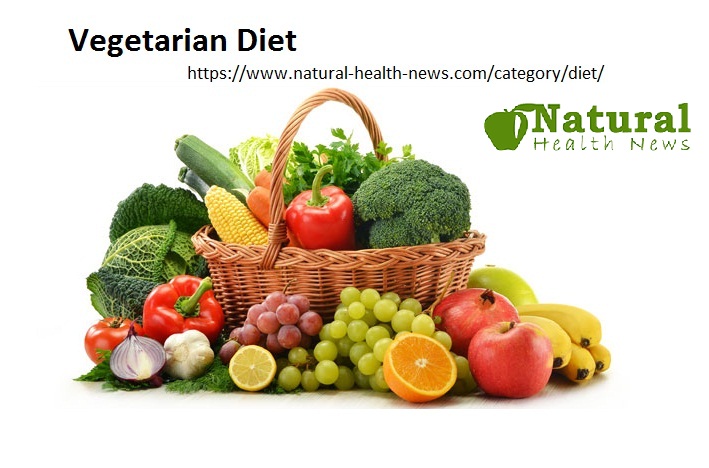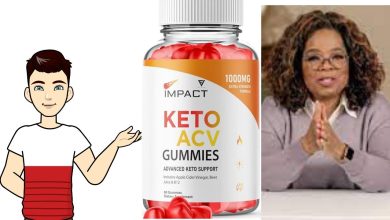Vegetarian Diet

Vegetarian Diet
A healthy vegetarian diet is possible to maintain, but it does require a bit of creativity and variety. Numerous people choose to go vegetarian as a way of eliminating animal products – namely meat – from their diets. In addition, there are numerous health benefits to choosing a healthy vegetarian diet. If you are looking to adapt your eating habits and change over to a healthier Diet, this article discusses some precautions to take in, as well as the great benefits that your new diet can offer.
What Is A Vegetarian Diet?
A vegetarian diet is simply a plant-based diet. There are different types of vegetarians and diets will therefore vary. Though, for the most part, vegetarians do not eat meat, poultry, fish or dairy. Some vegetarians do eat eggs and dairy. Vegans consume absolutely no meat products or by products, like dairy, butter and eggs.
Vegetarian diet plans are a popular weight loss option, as several of the foods in the Diet Plan are low in cholesterol and fats. Anyone looking to lose weight needs to limit foods with high levels of bad fats and cholesterol, and hence adopting a veggie diet planner will help to achieve this.
A good veggie meal planning system can benefit you in a variety of ways. Healthy vegetarian diet plans will be well balanced with a whole range of fruits, vegetables, whole grains and legumes. The plan should include a variety of foods in each food group, to be both balanced and to provide you with load of recipe options!
Types of Vegetarians
Vegans:
- People on this diet only eat vegetables and keep away from all animal products and by-products such as eggs, honey and other dairy products.
Pesce-Vegetarians:
Includes fish in their diet.
Fruitarians:.
- This diet is for people who eat fruits, nuts and seeds and other plant components.
Lacto-Vegetarians:
- People on this diet eat dairy products except eggs.
Pollo-Vegetarians:
- Eats chicken and turkey except red meat and pork.
Flexitarians:
- Vegetables are their main food but occasionally eat other food groups too.
Lacto-ovo Vegetarians:
- They eat eggs and dairy products and this is the most common kind of vegetarian.
Benefits of a Vegetarian Diet
- You gain a good body shape.
- It controls hypertension.
- Vegetarians are not as prone to kidney or renal failure.
- Vegetarians are not as prone to heart failure and cardio vascular diseases.
- It normalises heart and pulse rates it can be said to be a weight-watcher in itself due to its healthy ingredients.
A vegetarian diet can increase the body’s metabolism which aides in the fast burning of fats, resulting in reducing fat in the body. Studies have shown that when fat develops in your body you tend to feel weak and most of the time you will be lethargic and sleepy.
What can you eat on a Vegetarian Diet?
There are plenty of food choices for vegetarians to enjoy that include, tempeh, tofu, seeds, nuts, beans, vegetables, fruits, whole grains, pasta, cereals, rice, and dairy products.
There are also many vegetarian soy products, like veggie burgers, and chicken nuggets. The many great choices of meat substitutes can still allow you to enjoy your favorite dishes.
Preparing Vegetarian Meals
Use whole-wheat flour and pasta and brown rice as they have more flavored than their white the same.
Breadcrumbs, preferably whole-wheat, are used in numerous vegetarian diets and it is a good idea to keep a supply in the freezer for use at a moment’s notice. This is particularly relevant when you are embarking on a new style of eating where more time will be spent in the planning and preparation of meals initially.
Beans are also used widely in vegetarian diets, so cook large quantities, bag them in usable portions and freeze; they will then be prepared for use within an hour.
Always keep the water in which you have boiled vegetables for utilize as a stock. For extra flavor, use savoury yeast extract or vegetable concentrates.
Here are some of the Pros:
Vegetarians usually have lower BMI’s (body mass index) or overall weight rates than people who are omnivorous or carnivores.
The retail consumer marketing has embraced it as mainstream and has adjusted their branding accordingly.
A healthy vegetarian diet decrease the risk of heart disease, and other diseases related to obesity.
There are numerous types of vegetarian diets a person can follow.
It is more eco-friendly and promotes more plant growth, which is great for our environment.
Here are some of the Cons:
People who engage in a healthy vegetarian diet have to be well educated on how grains and other products are important for complete protein or they might develop nutritional deficiencies.
A healthy vegetarian diet might be expensive for some people.
It restricts ALL meats, fish and chicken intake in many cases.
Those who oppose suggest that people deny their bodies of important nutrients found in meats.
There are no criteria for a person to become a vegetarian; it is just a matter of commitment and dedication to what you are aiming for. You should realize that if you want to attain the result that you wish for, you have to follow the proper vegetarian Diet Plans.
By : Natural Health News




